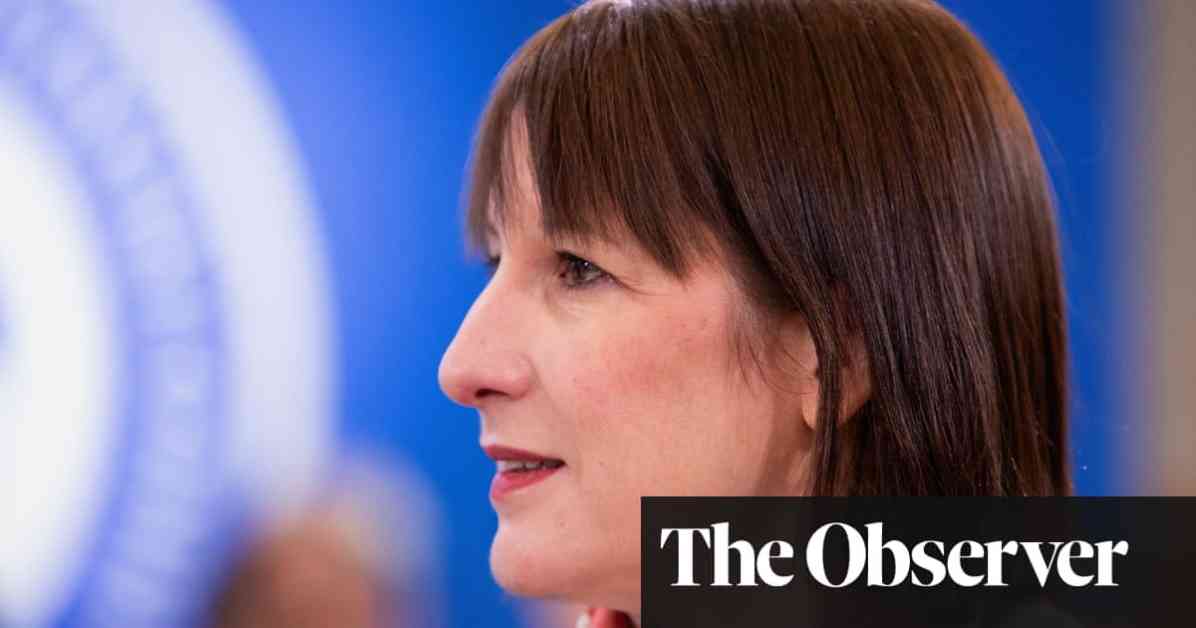The upcoming budget presented by Chancellor Rachel Reeves is anticipated to mark a significant moment in the history of Labour, with promises of substantial public and private investments in essential sectors such as hospitals, schools, transport, and energy. Drawing parallels with historic reform programs initiated by previous Labour administrations, Reeves has emphasized the necessity for rebuilding and revitalizing key areas of the economy.
Despite the ambitious investment plans, the budget is expected to be met with controversy due to proposed tax increases and spending cuts amounting to £40bn. Among the measures are potential rises in employer national insurance contributions and the freezing of income tax thresholds, which could impact a significant number of taxpayers. While some critics argue that these actions contradict prior election promises, Reeves maintains that the government is committed to fulfilling its pledges and ensuring that tax increases do not burden working individuals immediately following the budget announcement.
The decision to raise employer NICs has been met with opposition from the shadow chancellor, Jeremy Hunt, who warns of potential negative impacts on wages and employment opportunities. Hunt argues that such tax hikes could lead to job losses and reduced wages for employees as businesses adjust to the increased financial burden. The proposed changes have also raised concerns about breaching previous commitments made by the Labour party regarding tax policies.
In response to these criticisms, Reeves remains steadfast in her vision for national renewal and economic rejuvenation. By implementing changes to fiscal rules and allowing for additional borrowing for capital projects, the government aims to address the challenges left behind by previous administrations and invest in critical infrastructure developments across various sectors. The budget is expected to include funding for hospital reconstruction projects and initiatives that promote public-private partnerships to drive economic growth and innovation.
Reeves emphasizes the importance of investment in emerging industries and technologies as a means of securing Britain’s competitive position in the global market. By leveraging both public and private resources, the government seeks to capitalize on opportunities in sectors such as energy, digital, science, and transportation. The chancellor views these investments as essential for stimulating economic growth, creating job opportunities, and positioning the country for success in the evolving landscape of the global economy.
While certain challenges, such as child poverty, continue to persist, Reeves remains committed to addressing these issues through targeted interventions and policy measures. As the government embarks on a path of economic transformation and renewal, the chancellor aims to demonstrate Labour’s commitment to social welfare, healthcare, and overall prosperity for all citizens.
In conclusion, the upcoming budget marks a pivotal moment for the Labour government under Chancellor Rachel Reeves, as it sets the stage for significant investments in key sectors and economic reforms aimed at driving growth and opportunity for the nation. Despite facing criticism and opposition, Reeves remains steadfast in her vision for a renewed and revitalized economy that prioritizes the well-being and prosperity of all citizens.












